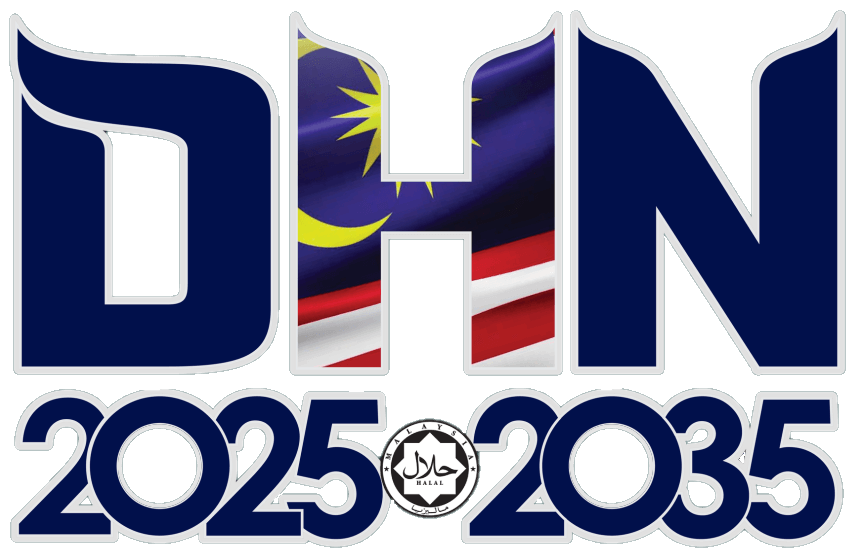THE BACKGROUND OF NATIONAL HALAL POLICY
The Malaysian Halal Council Secretariat (SMHM) and the Halal Management Division (BPH) are key departments under the Department of Islamic Development Malaysia (JAKIM). These entities are responsible for overseeing the development and management of halal certification in Malaysia, working in collaboration with the State Islamic Religious Departments (JAIN) and State Islamic Religious Councils (MAIN).
The Malaysian Halal Council Secretariat (SMHM)
The Malaysian Halal Council Secretariat (SMHM) was established to coordinate the development of the halal industry at the national level. Guided by its vision to be a "Global Halal Leader," SMHM is committed to ensuring Malaysia maintains its leadership in the international halal industry. Its primary functions include:
- Developing Malaysia's halal certification policies.
- Implementing the international halal certification body recognition program.
- Enhancing professionalism and cultivating skilled halal personnel through the Halal Professional Board (HPB).
- Promoting the harmonization of international halal certification standards via the International Halal Authority Board (IHAB).
Halal Management Division (BPH)
The Halal Management Division (BPH) is tasked with implementing halal certification in Malaysia in collaboration with the State Islamic Religious Departments (JAIN). BPH's core functions include:
- Managing halal certification operations.
- Reviewing application documents and conducting audits of products and premises.
- Issuing halal certificates.
- Monitoring and enforcing compliance with halal standards.
The vision of BPH is to become a reputable and internationally recognized halal certification service center.
Together, SMHM and BPH play pivotal roles in upholding Malaysia's halal standards, ensuring global recognition, and reinforcing the country's position as a leader in the global halal industry.
National Halal Policy 2025-2035
To ensure the continued growth of the halal industry, Malaysia is developing the National Halal Policy 2025-2035. This long-term strategy aims to establish a more holistic and conducive halal ecosystem, reinforcing Malaysia's position as a global halal leader.
The policy focuses on ten key components to support the development of a comprehensive halal ecosystem:
- New Legal and Regulatory System
- Malaysian Halal Certification
- Coordination with State Religious Authorities
- Recognition of Foreign Halal Certification Bodies
- Technology and Innovation
- Management of Consumer Aspects
- Imported Products and Services
- Legal Views and Fatwas
- Halal Research and Laboratory Analysis
- Economic Benefits and Returns
These components are designed to ensure sustainable development, enhance global competitiveness, and solidify Malaysia's leadership in the global halal industry.
Objectives of the National Halal Policy (DHN)
- Establish a holistic and conducive halal ecosystem to support Malaysia's inclusive, balanced, and sustainable halal development agenda.
- Develop a competent workforce with a strong foundation of integrity.
- Enhance Malaysia's halal management system through advanced, dynamic, and user-friendly technology.
- Foster a generation of knowledgeable, responsible, and discerning consumers.
- Formulate comprehensive and inclusive policies based on holistic research that addresses current and evolving needs.
